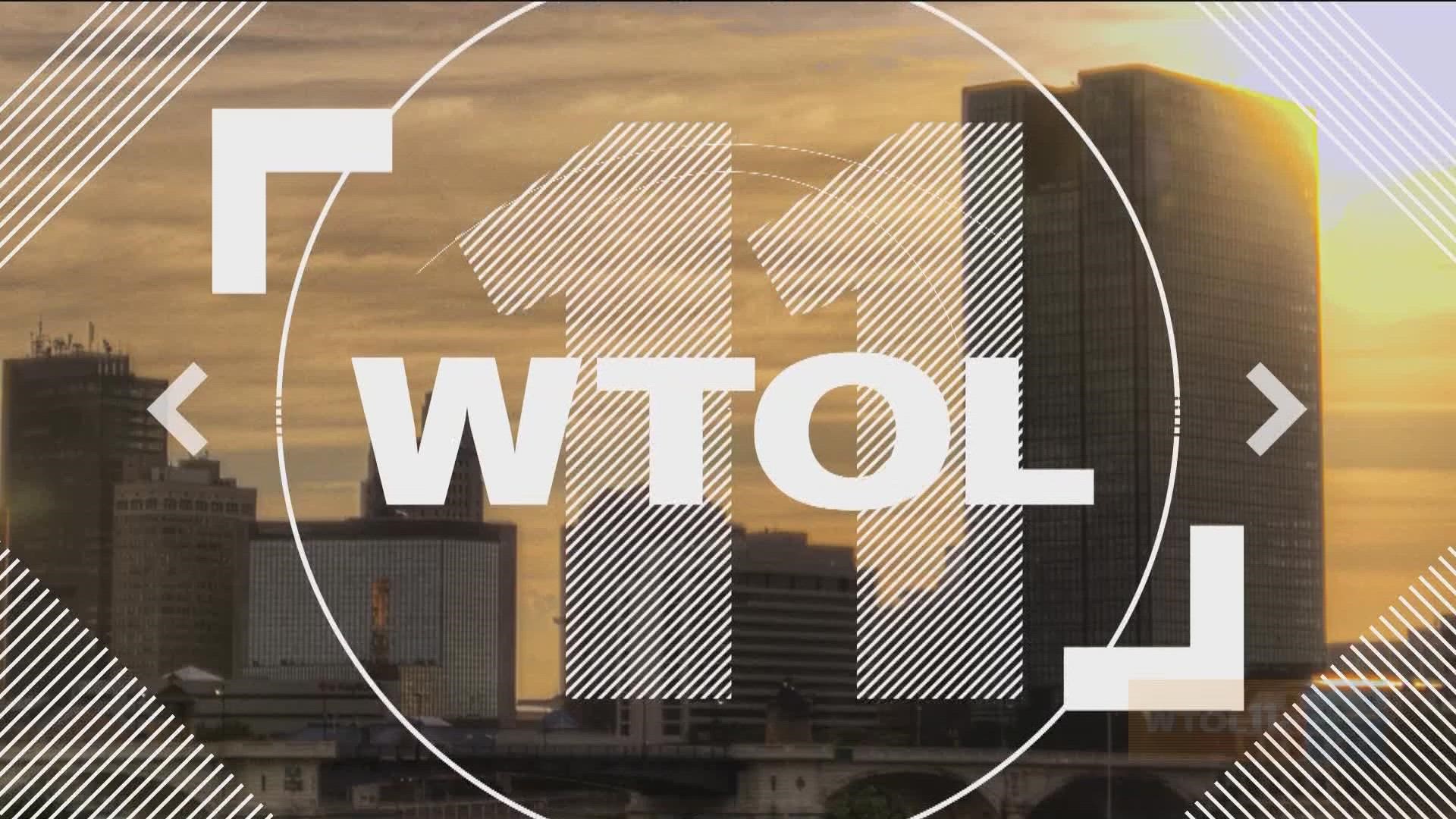TOLEDO, Ohio — Toledo’s retiring police chief, George Kral, remembers his first day of the police academy like it was yesterday. It was Dec. 14, 1990, when he and his fellow cadets were standing outside of Owens Community College in what felt like minus 20 temperatures, doing push-ups, realizing the next six months weren’t going to be easy.
"Fast forward 32 years, I would tell a younger version of me: keep your mouth shut, learn as much as you can from as many people as you can and every day go out to try to help at least one person," Kral said.
Kral worked his way up through the ranks within the Toledo Police Department. Along the way, he said he and former Toledo Mayor D. Michael Collins, went “the whole gamut together.”
When Kral was hired, Collins was his union president. He was promoted to Sergeant and was in internal affairs and Collins would be opposing him during hearings.
They went from working together as a representative and a patrolman to foes as command officer and a union president, Kral said. Collins retired and was elected as Toledo City Council's district two representative -- Kral's district.
There was a friendship there. There was mutual respect between Collins and Kral.
"When I first got the inclination he was thinking about [naming me police chief], I said 'Let me be chief for an hour,'" Kral said. “That's all I want, just an hour so I can make one change. He said you're going to be chief a lot longer than an hour."
Collins promoted Kral to Chief in January 2015, and just a month later, died after suffering a coronary arrest driving city streets during a Super Bowl Sunday snowstorm.
Kral has steered Toledo’s police force through many ups and downs. He said, without a doubt, his hardest days have been dealing with the loss of officers Anthony Dia and Brandon Stalker, who were killed in the line of duty.
Like many professions over the years, there’s been a change in the internal culture. But when it comes to policing, he said there are still times when being soft doesn’t cut it.
"Policing has changed 180 degrees from when I first came on,” Kral said. “There are times when something is happening and if we get called to the scene and it's chaos, chaotic, and there are life and death implications, we have to take charge and that's when we start yelling and barking out orders."
Not only is there a new dynamic when it comes to dealing with his police force, but the public as well, Kral said.
He said mental health has become an overriding issue of consideration and concern in and out of the department. And he points his finger at the COVID-19 pandemic as the No. 1 reason why.
"I know this is the convenient scapegoat, but COVID-19 has really done a number on this country,” Kral said. “If you look pre-COVID numbers, Toledo would average 30-31 homicides a year, and then COVID hits and it puts our nation in a place it hasn't been in a century. You can't be with your friends, you can't go out to dinner, you can't go to the movies. We're not meant to do that, we're social beings. And I think that with the mandates and everything else, I think people may have just lost it a little bit."
In the last three years, homicides in Toledo have been near record levels. There were 62 homicides in 2020. There were 70 in 2021. And there were 65 in 2022.
The city, in cooperation with police and other community partners, launched efforts to combat the violence. But going forward, Kral said there needs to be a buy-in from the community in order to bring the Glass City back to a place where we can all live in peace.
"I promise you … of the homicides that are unsolved right now … a dozen people know who killed each one of those victims,”Kral said. “And I understand snitches get stitches, but there has to be a time where we as a community say, 'I'm done, I'm gonna draw the line in the sand and do the right thing.'"
Kral has not said what he will do after retirement, but he did tell WTOL 11 that we will not see him in law enforcement in northwest Ohio again.

